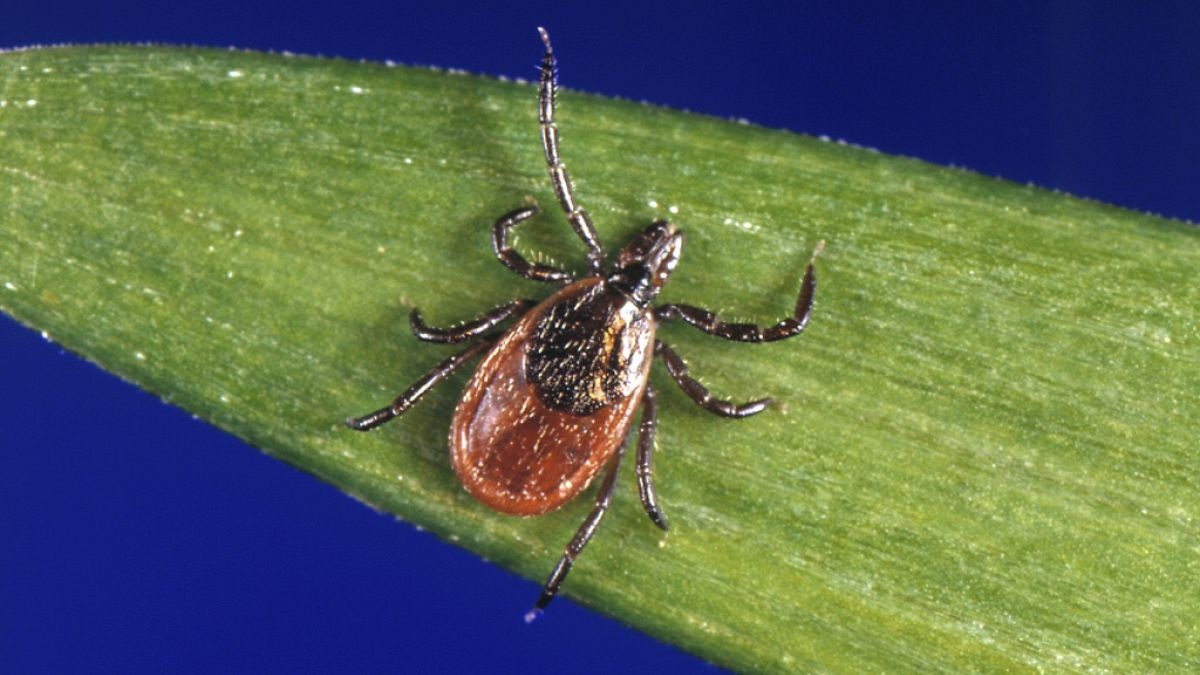

In a world where health and well-being are pivotal, recent events in Europe remind us of the diverse challenges and reforms taking place. From the tranquil landscapes of Greece to the bustling cities across the continent, the focus remains on enhancing public health while navigating both natural and societal issues.
Recently, Greece found itself encountering a sobering situation as health authorities were alerted to the rare but serious impact of the Crimean-Congo haemorrhagic fever. A 72-year-old man succumbed to this tick-borne illness, prompting officials to urge vigilance. This particular illness, while rare, draws attention to the importance of understanding vector-borne diseases and the need for preventative measures, especially as summer invites more outdoor activities.
In parallel, Greece is also taking proactive strides in public health policy. The introduction of a new bill aims to curb tobacco use by preventing children from being tasked to purchase cigarettes, a move aligned with broader European efforts to increase tobacco taxes. This initiative underscores a commitment to safeguarding youth from the harms of smoking at a tender age. By focusing on such preventive strategies, the goal is to foster a healthier environment for the next generation, supporting the European Union’s vision for improved public health standards.
Meanwhile, the arrival of summer brings its own set of challenges. Heatwaves are on the horizon across Europe, reminding us of the varied impacts extreme heat can have on the body. Amid rising temperatures, individuals are advised to stay hydrated, seek shade, and be mindful of their physical exertion outdoors. Heatwaves can affect cardiovascular health, aggravate respiratory conditions, and increase fatigue, underscoring the need for community and individual actions to mitigate heat-related risks.
In a different aspect of well-being, recent findings from the World Health Organization reveal interesting insights into mental health. A comprehensive study indicates that teenage girls globally report higher levels of loneliness compared to other demographic groups. This phenomenon is reflective of various social dynamics that increasingly interplay with technology, societal expectations, and individual developmental stages. Highlighting this issue encourages a compassionate dialogue around social support systems and mental health resources, fostering a community where the next generation can thrive connectedly.
These multifaceted topics, ranging from physical health to policy initiatives and social well-being, demonstrate a collective commitment to nurturing healthy communities within Europe. As these narratives unfold, they serve as a gentle reminder of the power of informed action and mindful awareness in promoting a balanced future. By addressing health concerns with both preventive and supportive measures, society can continue to advance toward holistic well-being.
Source: {link}
